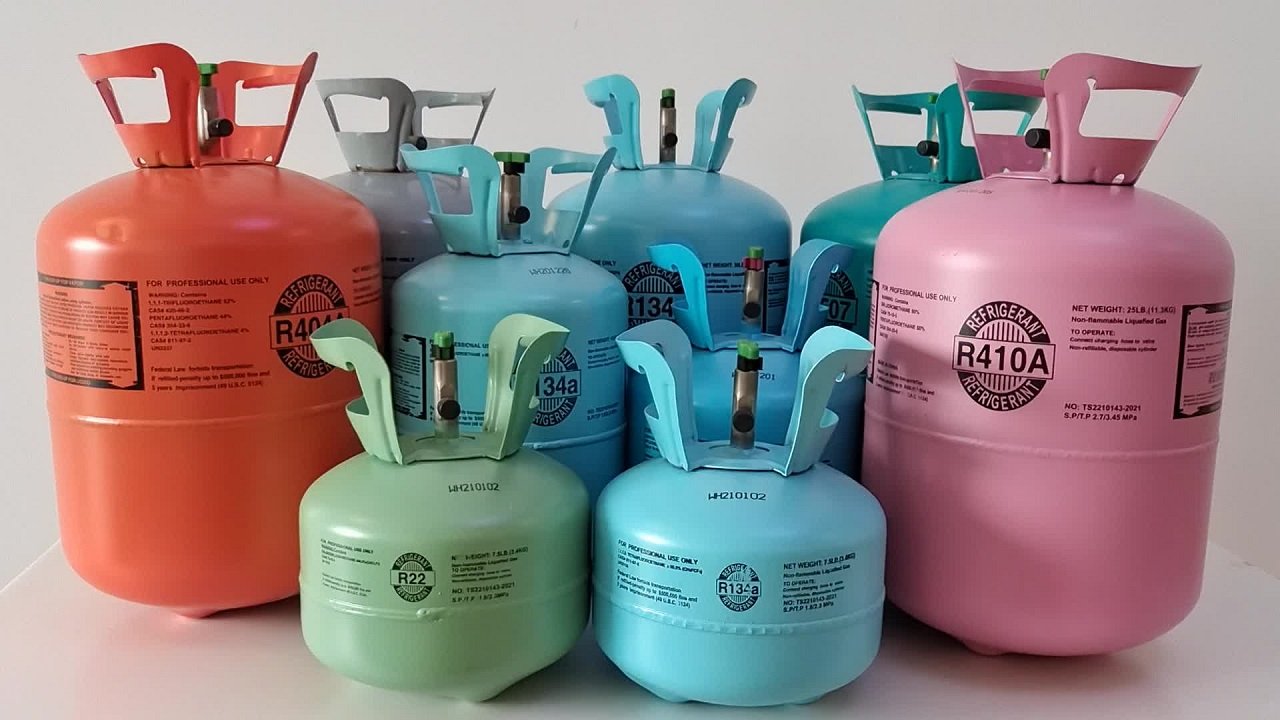China has introduced several impactful policies between January and July 2024 aimed at enhancing the recycling and recovery of fluorinated gases such as hydrofluorocarbons (HFCs) and hydrochlorofluorocarbons (HCFCs) in cooling equipment. These measures target the end-of-life recycling and disposal processes of household appliances, significantly aiming to reduce environmental impact.
Key Policy Measures
1. Prohibition of Direct Emissions:
Starting from March 1, 2024, the amended Regulation on the Administration of Ozone Depleting Substances strictly prohibits direct emissions of refrigerants. The regulation mandates the recycling, reuse, and harmless disposal of these substances during servicing and end-of-life processes.
2. Increasing Recycling Rates:
- On January 23, 2024, the Ministry of Commerce, along with eight other national ministries, issued guidelines targeting a 15% increase in household appliance recycling rates by 2025. The guidelines include the development of pilot recycling cities, the cultivation of the recycling industry, the promotion of best practices, and the establishment of relevant regulations and standards.
- On March 13, 2024, the State Council released an action plan to double vehicle recycling rates and increase household appliance recycling rates by 30% by 2027.
3. Financial Support for Recycling and Disposal:
- On March 29, 2024, the Ministry of Finance proposed the Management Measures on the Special Fund for Waste Electrical and Electronic Products, allocating government funds for recycling and disposal.
- On July 24, 2024, the National Development and Reform Commission and Ministry of Finance announced 300 billion RMB (13.77 billion USD) in special government debt funding to support consumer goods replacement, recycling, and disposal, including:
- Subsidies for Energy-Efficient Appliances: Consumers purchasing energy-efficient refrigerators, air conditioners, and other household appliances will receive a subsidy of 15% of the product sales price for those with level 2 energy efficiency, and an additional 5% for level 1 energy efficiency. The subsidy per product is capped at 2,000 RMB (275.5 USD).
- Dedicated Recycling Funds: Allocating 7.5 billion RMB (around 1 billion USD) for the recycling and disposal of waste electrical and electronic products in 2024.
Future Measures for Greater Impact
To further enhance the effectiveness of these policies, additional measures are recommended. For instance, a government mandate requiring specific types of cooling equipment to use increasing amounts of reclaimed refrigerants could reduce reliance on newly produced fluorocarbons and minimize emissions. Enhanced monitoring, reporting, and enforcement of refrigerant emissions reduction and proper disposal requirements, incorporating best industry practices and technologies, will also be critical to maximizing the climate benefits of these policies and funding mechanisms.
Conclusion
China’s proactive approach in policy development, financial support, and regulatory oversight is poised to significantly improve the lifecycle management of refrigerants. This comprehensive strategy will play a crucial role in decarbonizing the cooling sector and mitigating the environmental impact of fluorinated gases.
